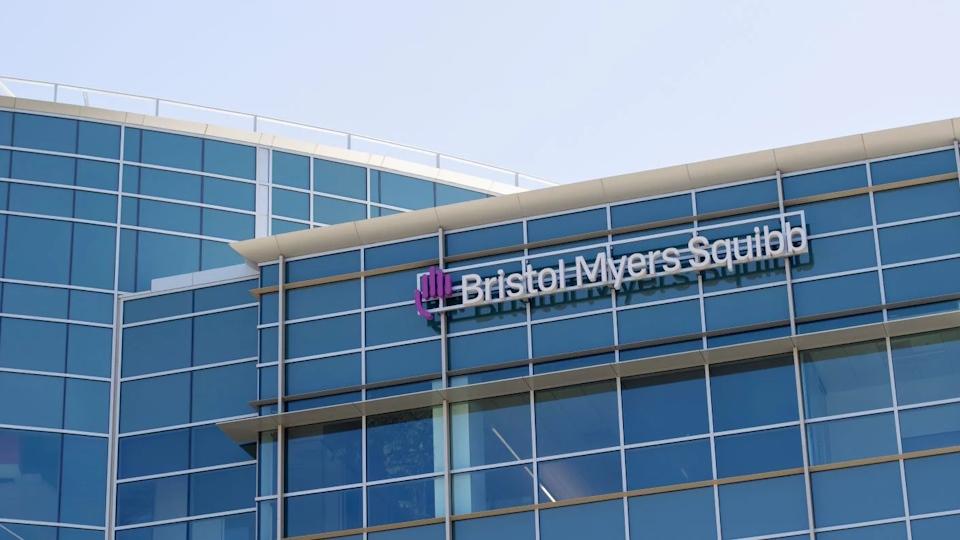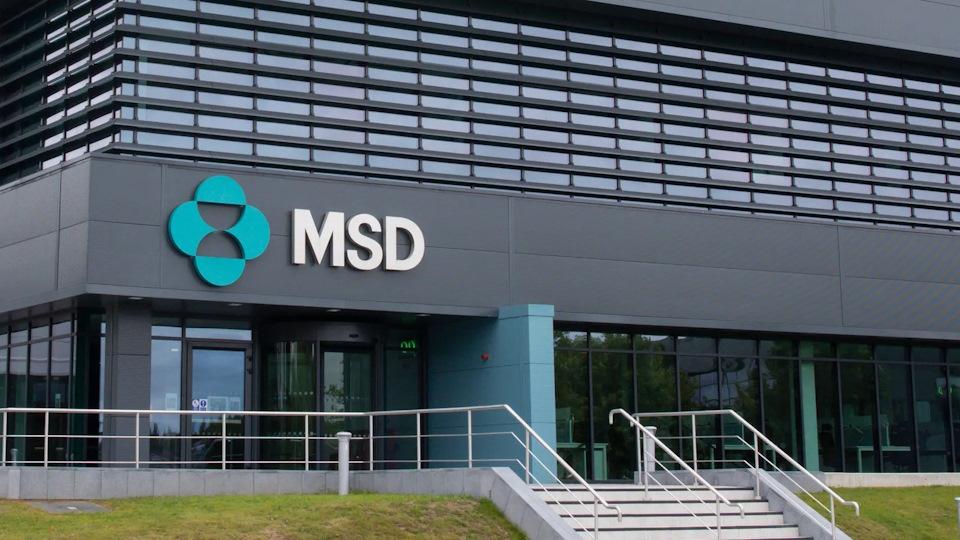BMS eyes April FDA verdict on Opdivo/Yervoy in liver cancer

The FDA has started a review of Bristol-Myers Squibb's immunotherapy duo Opdivo and Yervoy as a therapy for newly diagnosed unresectable liver cancer that could see a return to the category for the drugmaker.
The US regulator is due to deliver a verdict on the application for PD-1 inhibitor Opdivo (nivolumab) and CTLA4 inhibitor Yervoy (ipilimumab) as a first-line therapy for unresectable hepatocellular carcinoma (HCC) – the most common form of liver cancer – by 21st April next year.
Approval would make an Opdivo regimen an option for HCC again after the drug was pulled from the market in 2021 as a second-line treatment in people previously treated with Bayer's Nexavar (sorafenib) in the wake of a failed confirmatory trial.
If approved, it will compete with immunotherapies based on Roche's Tecentriq (atezolizumab) and AstraZeneca's Imfinzi (durvalumab), which were cleared by the FDA in 2020 and 2022, respectively.
The FDA's review is based on the results of the 668-patient CheckMate-9DW trial, which showed improved overall survival with Opdivo/Yervoy compared to investigators' choice of targeted therapy with either Nexavar or Eisai's Lenvima (lenvatinib), both well-established multikinase inhibitors for HCC.
Results reported at this year's ASCO congress revealed an objective response rate of 36% with BMS' duo versus 13% for the comparator drugs, and a median OS of 23.7 months and 20.6 months, respectively.
Approval would provide an immunotherapy alternative to Tecentriq plus VEGF inhibitor bevacizumab, which was approved based on a 42% reduction in the risk for progression or death compared with Nexavar in the IMbrave150 trial, and AstraZeneca's Imfinzi and CTLA4 drug Imjudo (tremelimumab), which showed a 22% reduction in disease progression or death in HIMALAYA. So far, the BMS regimen is the only one to show a significant improvement in OS.
It would also serve as a new confirmatory trial for BMS' earlier approval in relapsed/refractory HCC.
"HCC is the most common form of liver cancer and is often diagnosed when surgery is no longer an option. With the number of individuals diagnosed with HCC in the US increasing over the last decade, new treatment options are urgently needed," said Dana Walker, BMS global programme lead for gastrointestinal and genitourinary cancers.
"Opdivo plus Yervoy showed superior survival benefit compared to other available treatment options, and we look forward to working with the FDA to advance our application to potentially bring a new first-line treatment option to patients."
Most cases of HCC are caused by viral hepatitis, but metabolic syndrome and non-alcoholic steatohepatitis (NASH) are rising in prevalence and are expected to contribute to increased rates in future.












